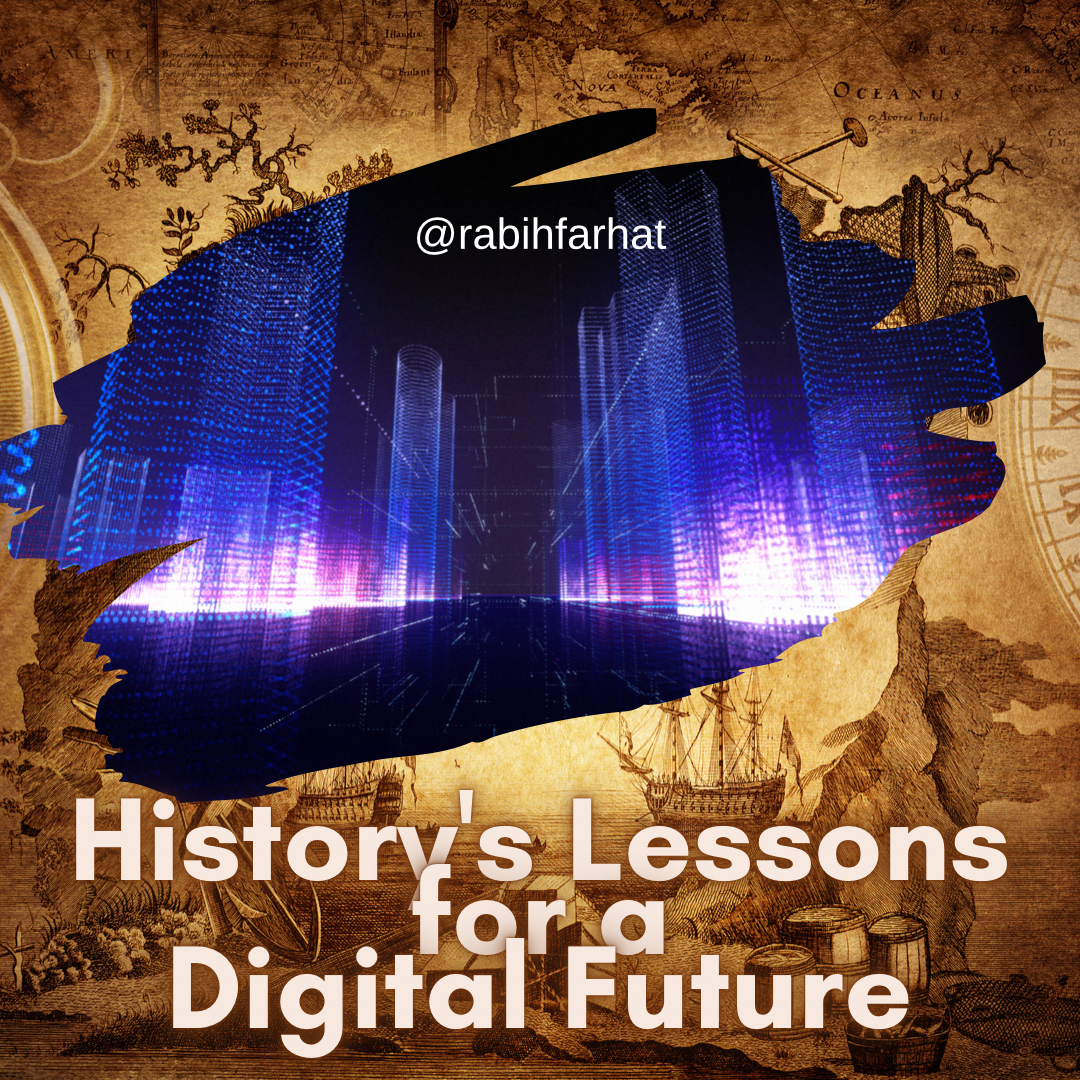Introduction
“History is written by the victors,” it’s a famous phrase, even if it is not necessarily to be always true. History has many meanings and a lot of writers.
One key meaning of history is that it deals with past events. Additionally, as a science, it has its distinct methods and tools for uncovering and analyzing those events. History can also be understood as the knowledge and awareness we gain from studying the past.
The meanings are multiple and points of view differ, History can be written by diverse individuals, including impartial observers, specialists, narrators with no direct involvement in the events, and even those with strong ideological biases who shape their narratives accordingly.
This happened in all nations, states, and peoples, and it is part of humanity's apparent heritage and known history.

What are the goals of historical writing?
The reasons are many and varied, but one of them is writing history to please the rulers and those in power, and another is to highlight how our world evolved.
Many books have been written on history, covering both broad and specific periods. Moreover, including biographies of public figures and others, they enrich our understanding of the past.
When historical reforms occur in countries and societies, major reviews are naturally undertaken in various fields to support these reforms fix their new foundations, and consolidate their principles, to ensure that the process is completed and reaches its full extent and to prevent any action that would take us back in the time. Any reforms that are not established intellectually and philosophically and are not rooted theoretically will not stand up to controversy, and will not be able to confront the deviations of the past or support the reforms of the present, as well as the aspirations of the future.
Major historical reforms have shaped the experiences of countries and societies throughout history. Some use the term revolution to describe these events, while this term can have some impurities in expressing major events in the histories of countries and peoples. Not every change in rule or regime is a “revolution.” It may be a “coup” or a “conflict.” Some philosophers have argued that a true revolution should result in a form of enlightenment or significant progress, for it to deserve this name.
The French Revolution changed the appearance of France forever, not only in terms of power, but also in society and culture, and the Communist Revolution in Russia and China ended forever the era of emperors and tsars, not only politically and economically, but also socially and culturally. As for the British Revolution, it had a major impact, even if it did not reach the intensity of the French Revolution or the two Communist Revolutions.
The term “revolution” is used in many fields other than politics and governance. There is a revolution in science, a revolution in ideas, and revolutions in various fields.
“Rewriting history” is an important stage that follows “revolutions” or major reforms and exceptional developments. Without this essential stage, these transformative events such as “revolutions” “reforms” or “developments” become merely anomalies from the norm that people quickly overcome to return to what they were familiar with before.
Conclusion
The “rulers” were aware of the value of history and gave generously to those who wrote it.In the modern era, countries’ awareness of its importance has increased, and major institutions have taken care of it and guaranteed its impact. However, this focus has not been without its downsides. Whether intentional or unintentional, significant historical revisions and distortions have occurred that have affected countries, nations, and peoples.
Yet, the story continues to unfold. We stand at another transformative chapter, shaped by the emergence of cryptocurrencies and blockchain technology within the financial ecosystem. This innovation promises to reshape various aspects of human life, from financial transactions and trade to healthcare and societal structures.
However, navigating this new frontier responsibly necessitates understanding the lessons learned from our past, with its triumphs and shortcomings.
Here is the question:
Will the world be as it was historically shortly, or are we on the verge of writing modern history?
Moreover, can we call cryptocurrency a revolution or not yet?
*Image designed on Canva
Posted Using InLeo Alpha